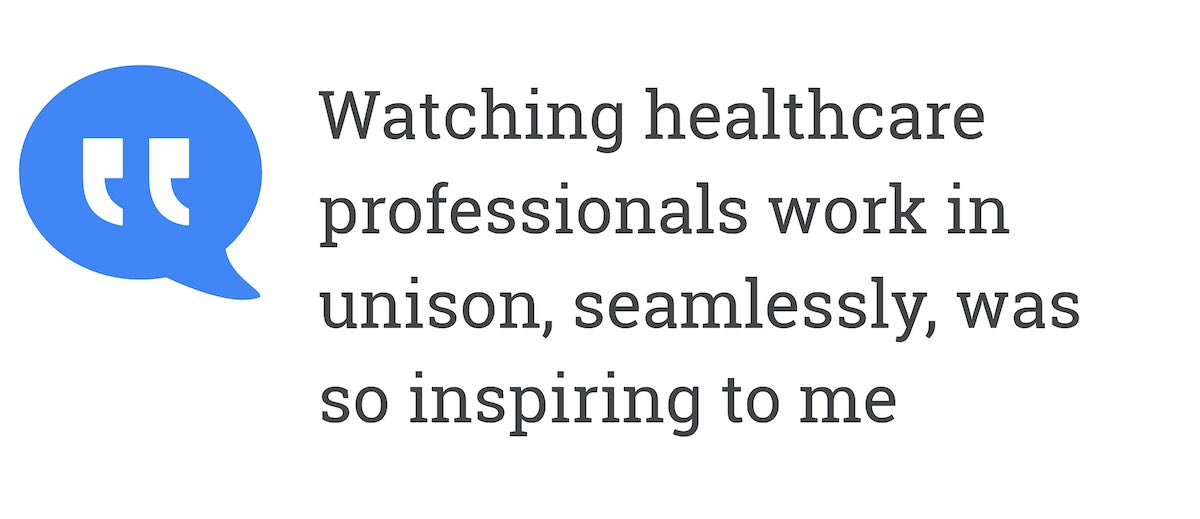Ikra is in her first year studying at Birmingham University to become a Children's Nurse. Here she explains why she chose nursing as a career and how she won her place on her nursing degree course.
 Nursing is a career of selfless devotion and one I would be privileged to work in, so here I am, as a first-year student paediatric nurse
Nursing is a career of selfless devotion and one I would be privileged to work in, so here I am, as a first-year student paediatric nurseTopics covered in this blog
Watching healthcare professionals care for my niece is what inspired me to become a nurse
Thinking of becoming a nurse? Do your research!
Top tips for your nursing personal statement
The interview for my nursing degree course
Topics to read up on ahead of your nursing degree course interview
Nursing school interview questions – what I was asked, how long it lasted and how I felt
Once you have had your nursing course interview - what happens next?
Watching healthcare professionals care for my niece is what inspired me to become a nurse
Nursing hasn’t always been my dream job. In fact, until 2018 I hadn’t even thought of it as a career path.
You read stories where others have set this goal in their minds from a young age, but for me it wasn’t as simple.
I took an interest in so many different subjects that my avenues were endless, though this resulted in me not knowing what to focus on for many years.
I endured college and went onto doing a foundation year at university where I had open options to enter onto any biology-based course.
Once I had completed it, I still wasn’t drawn to anything I liked which was so frustrating.
I ended up working in different office-based jobs and just never really felt like they were something I’d pursue long-term.
However, at the age of 21, I found exactly where I belonged.
I fell in love with nursing when my niece, of 6 months, was diagnosed with Hydrocephalus and was admitted to hospital as she needed to be operated on.
The compassion and care that she received during her stay was indescribable.
Watching healthcare professionals work in unison, seamlessly, was so inspiring to me.

I recognised that the balance of medicine and bed-side care was exactly what would suit me.
Nursing is a career of selfless devotion and one I would be privileged to work in, so here I am, as a first-year student paediatric nurse.








About this contributor
Children's Nurse - Student
I am a first year student studying Bsc (Hons) Child Nursing at Birmingham City University. I have always enjoyed learning about medicine and in particular, surgery. I would like to specialise in Neurology once qualified. I love writing and being able to share my nursing journey through blogging.
More by this contributorWant to get involved in the discussion?
Log In Subscribe to comment